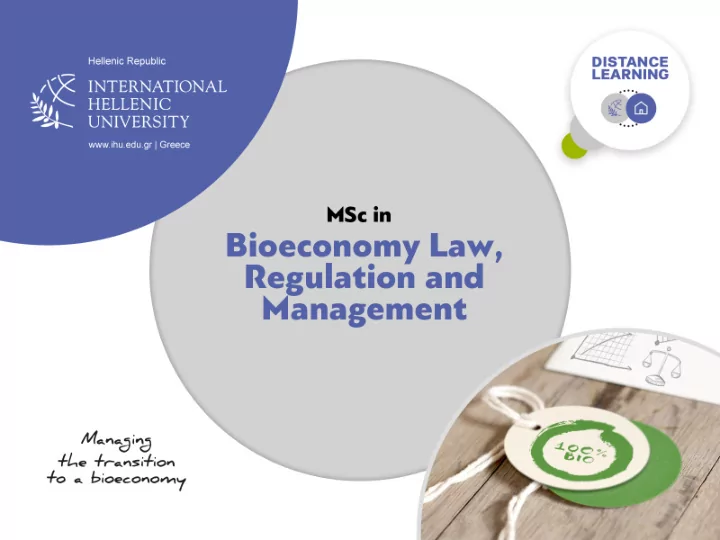

OECD (2011) defined BIOECONOMY as an economy that is based on ecological sensitive products and services produced by the use of BIOTECHNOLOGY BIOECONOMY has been chosen as a strategic priority for the EU for the coming years. BIOECONOMY encompasses the agriculture, fisheries, food, industrial sectors (pharmaceuticals, chemicals, clothing, etc) responsible for the sustainable production of food, feed, biobased products and bioenergy, as well as the public health.
The U.S. biotechnology market revenue by application, 2012-2020, (USD Million)
The exports in products related to BIOECONOMY based on BIOTECHNOLOGY amounted in 2014 to 2,396 billions US dollars, or 12,6% of the world trade, a share which showed a considerably growth on the 9,8 % of 2007. In 2009 the European BIOTECHNOLOGY based economy was estimated to be around 2 trillion Euros in annual turnover and accounted for more than 20 million jobs, approximately 17% of the European GDR and 9% of the workforce.
Red Biotechnology • Applications: – Drug discovery – Drug production – Genetic testing – Pharmacogenomics – Nutrigenomics – Gene therapy • Product type: – Gene recombinant drugs – Human vaccines – Blood products – Diagnostics reagents – Others
White Biotechnology White biotechnology market is expected to reach USD 487.08 billion by 2024
GREEN BIOTECHNOLOGY
BLUE BIOTECHNOLOGY o Marine Environment o Marine Renewable Energy o Bio-engineering of Marine Micro-organisms o Genomics and Meta- Genomics o Molecular Biology in Life Sciences o the Use of Marine Algae o Cultivation of Marine Organisms o Food Products o Industrial Products and Processes o Health
Despite the modern scientific achievements of the biological sciences and the management of biological material, in combination with the central role that they are playing in the economic development and in the social cohesion (sustainability), a debate has raised for the safety of these technologies for human beings, animals and the environment. This debate includes studies on Biosafety and Bioethics, discussions and regulatory bodies (advisory committees, guidelines, legal provisions) at national and international levels.
The purpose of the Programme is to acquire knowledge and develop skills for those occupied in public or private services dealing with the • consultation, • management, • studies of Biotechnological products and processes and • willing to be involved in Bioeconomy. The programme is interdisciplinary and it has primarily a practical purpose. It provides technological, legal and management expertise, directly usable in all groups of scholars, those with legal education, business and economical background and those trained in relevant scientific and technological disciplines.
It targets at persons occupied at : • Health facilities (hospitals, medical centres, IVF units, etc.) • Pharmaceutical industries and industries of medical equipment • Food production industries (especially agricultural units and biotechnology) • Agricultural industries for non-food products • Industries for chemical and biochemical products. • Research centres and universities, dealing with biological sciences, such as medicine and agriculture as well as some other scientific disciplines such as chemistry, environmental sciences, economics, etc.
Recommend
More recommend